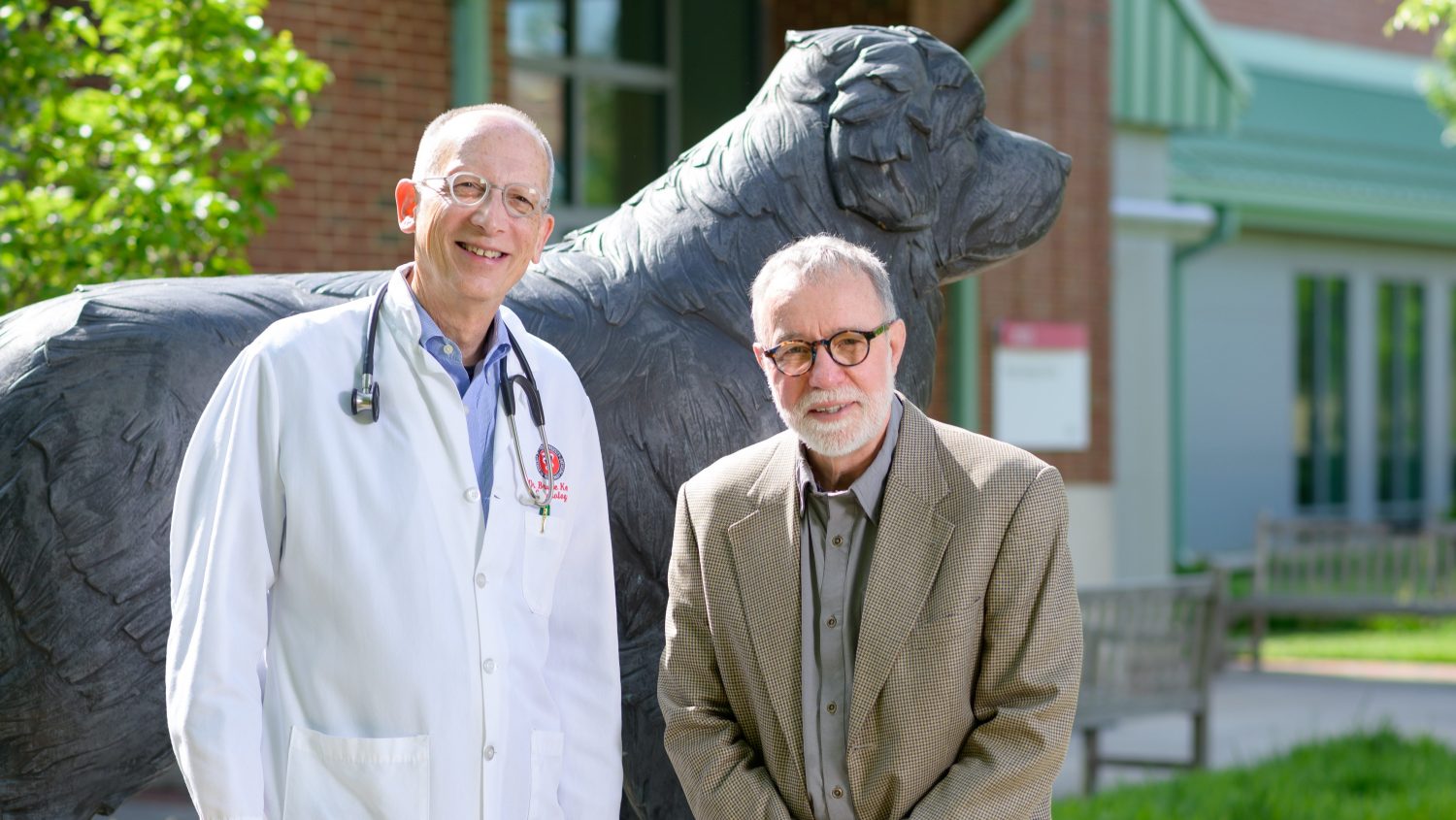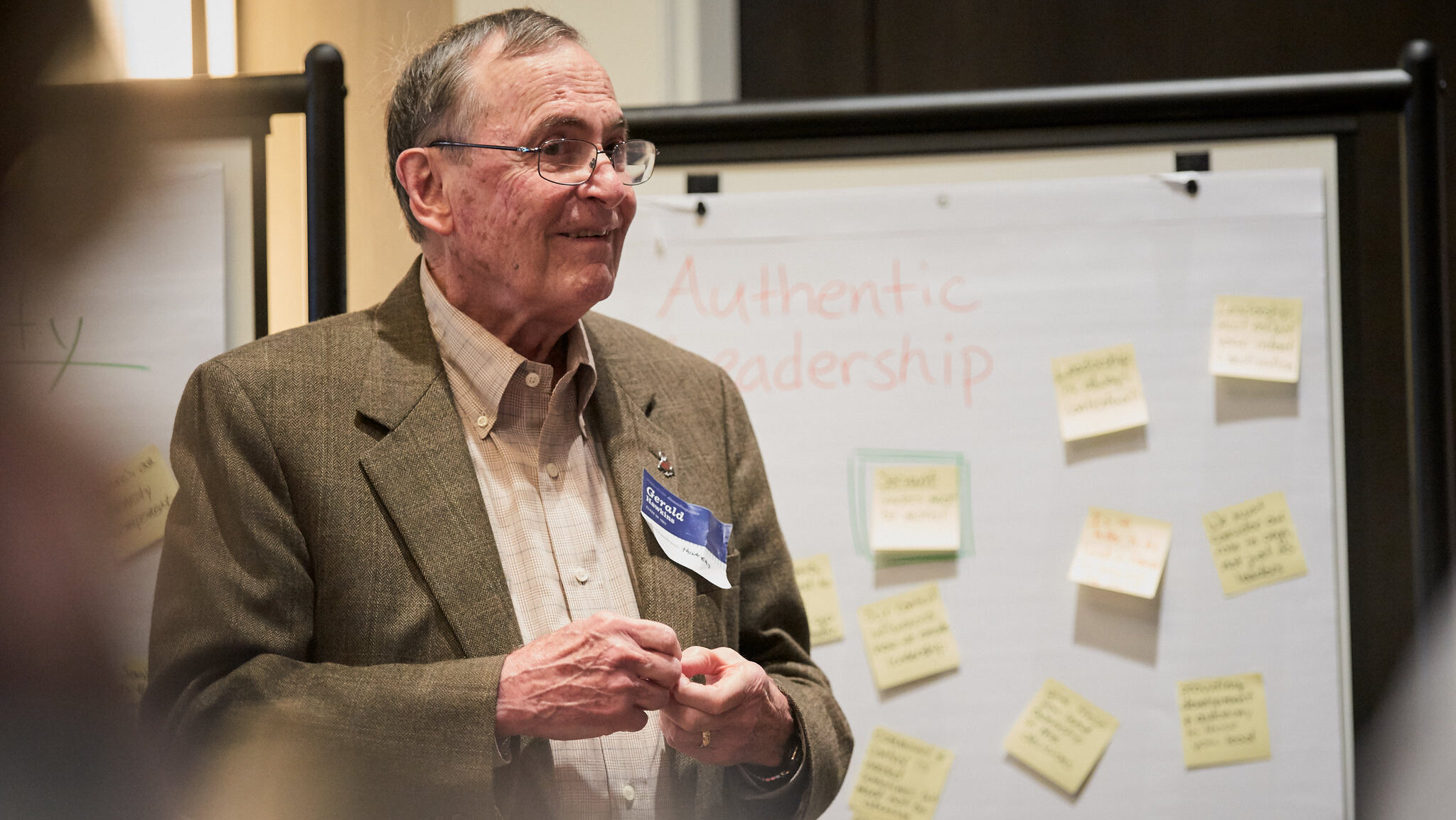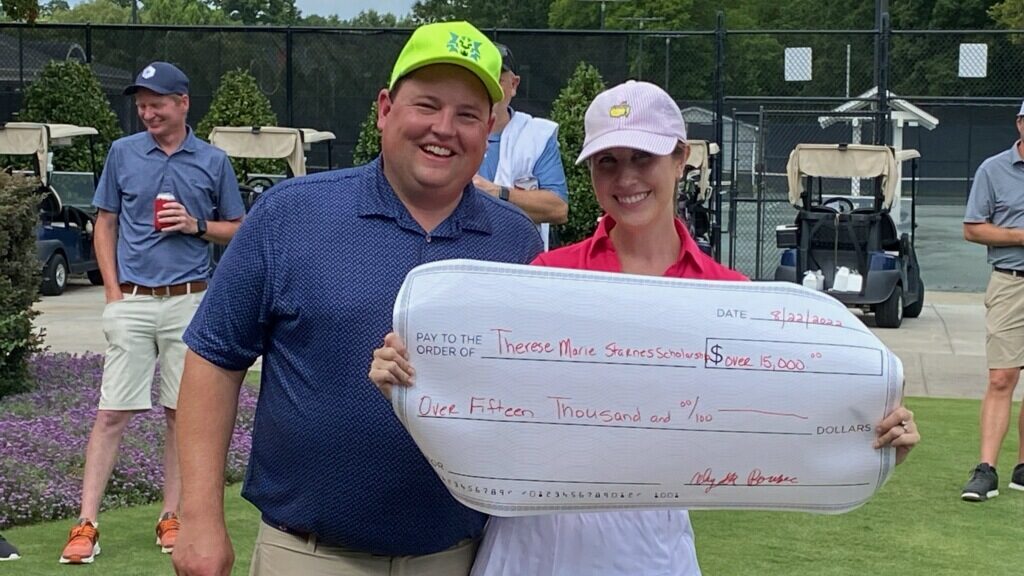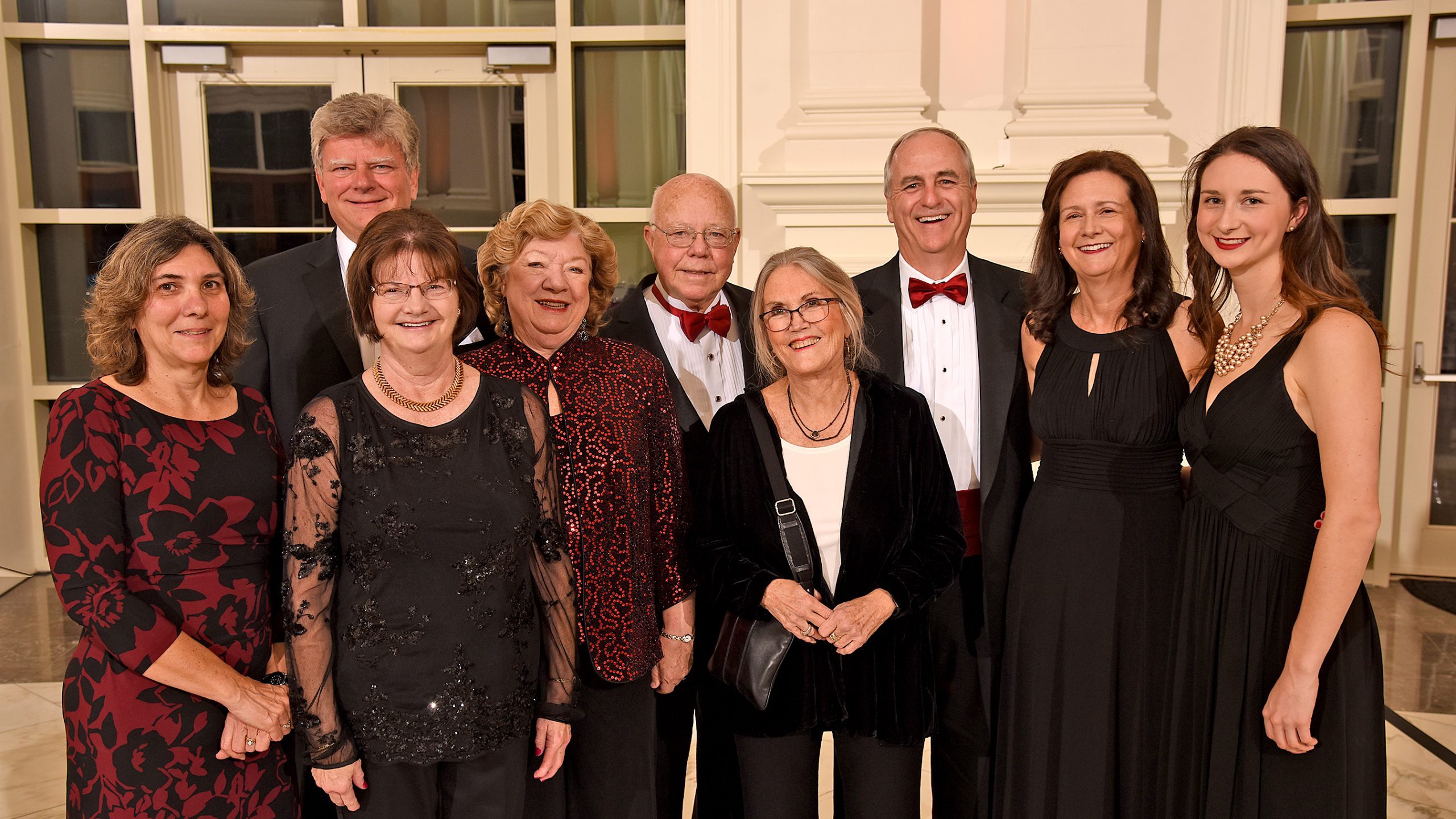The Heart of the Matter

When Clarke Atkins and Bruce Keene joined the faculty of NC State’s College of Veterinary Medicine three decades ago, they had no way of knowing how intertwined their careers would become.
They had already worked together at the University of Wisconsin for five years when two positions became available at NC State. “We came here independently of each other,” Atkins said, “but there was some comfort in knowing someone.”
As Keene joked, “Worse things have happened.”
Over the next several years, their cardiology practice grew out of internal medicine and into the college’s Cardiology Service, the home of a renowned residency training program, which Keene directs. The Cardiology Service treats and researches conditions such as heartworm infection, hypertrophic cardiomyopathy, dilated cardiomyopathy, mitral valve disease and heart failure.
It is by design that Keene and Atkins have focused on the diseases of dog and cats. They are committed to advancing companion animal medicine for the sake of those animals – a traditionally underfunded area of inquiry.
The two professors’ careers have been marked by more than shared specialties and shared locations. An extraordinary gift made in 2007 has continued to link their work at NC State.
One of the patients Atkins treated for hypertrophic cardiomyopathy was a cat named Snowball, a beloved member of Terry and Jane Lewis Seaks’ family.
Terry Seaks’ desire to honor his wife and the care the family’s cats received at NC State Veterinary Hospital led to the creation of the Jane Lewis Seaks Distinguished Professorship in Companion Animal Medicine – the first endowed professorship at CVM. In 2009, Atkins was named the inaugural incumbent to the position.
Five years later, when Atkins stepped back from his position as a full-time professor, his longtime colleague Keene became the second Seaks Distinguished Professor.
“We’ve been fortunate to ride the wave of the realization that the human-animal bond is an important thing for humans and animals,” Keene said.

The Seaks Professorship has impacted not just Atkins and Keene over the past decade. Both have used the resources the professorship provides to invest in personnel and postdoctoral fellows – some of whom are continuing the work they began at NC State as professors at universities across the country.
“With the Seaks endowment, we have been able to do research that otherwise would not be funded, or for which have to rely upon modeled research. If we are not working on research for the sake of animals themselves, who is?” Atkins said.
Conducting research on animals with a spontaneously occurring disease, as opposed to a model of disease, is one of the more challenging undertakings in companion animal medicine inquiry. In a modeled disease state, Keene explained, the researcher creates a medical condition in an otherwise healthy animal in order to test a drug or device in a controlled environment that can be replicated.
Keene and Atkins, along with many of their colleagues at CVM, investigate new diagnostic or therapeutic strategies in spontaneous disease states. While there is greater variability inherent in this approach, it aligns with the college’s mission to help people and their pets, and some investigators believe that it provides a more predictive model for future clinical research in humans.
Directing the resources from the Seaks Distinguished Professorship to additional staff has allowed Atkins and Keene to do more with spontaneous disease research than otherwise would be possible, including clinical trials and pharmacokinetic studies, which look at the way the body handles drugs.
The emphasis on investing in people, not projects, has made an important difference for those working in the Cardiology Service. Keene compared the flexibility of the support from the Seaks professorship to receiving a yearly no-strings-attached outside grant, like the MacArthur Foundation’s “genius” awards. “Professorships like this provide a degree of freedom for faculty,” he said. “It very much provides you with a foundation of support and more ability to be creative in your area of research than you would otherwise have.”
“In essence, someone has looked at the university and said, ‘I want to support that, and I want you to decide what’s important.’” — Bruce Keene, Jane Lewis Seaks Distinguished Professor of Companion Animal Medicine
This independence allows a professor like Keene, who is on the ground developing treatment plans for companion animals, to allocate time and resources to the most critical research areas, such as mitral valve disease, which, along with heartworm disease, is among the top causes of heart disease in dogs.
While the professorship has been critical for advancing their research, there is a more personal component both Keene and Atkins enjoy.
“This gift allowed us to get to know a family really well. I got to know Jane Seaks [before her passing in 2013], and Terry continues to be a supportive friend.” Atkins said.
Both Keene and Atkins credit the unique emotional connection the CVM fosters with pets and their owners. “We take care of animals who are members of families,” Keene said. “When you do that, just as Clarke did with Jane and Terry’s cats, you get to know the whole family.”
This is part of what makes working at the CVM special for both professors. “There’s this matrix,” Atkins explained. “You’ve got the dedicated pet owners on one side. And then you have the veterinarians. We really care about our patients in a way people don’t always get to see in other aspects of everyday life. This matrix is made of synergistic forces coming together.”
Those forces have helped Keene evolve in his thinking about the importance of private support to what he, Atkins and their colleagues do.
“The less-informed me would have hesitated at the thought of asking anyone for support,” he said. “I don’t look at it anymore as asking someone for something. Now I look at the conversation about making a gift as offering a way to help someone enrich their life as much as anything they could get involved in.”
“In terms of return on investment, this is a place that is not only visibly grateful but demonstrably productive with the investments donors have made,” Keene added. “You’d be hard-pressed to find a place that was more fun or more productive to be engaged with than the CVM.”
Read more about extraordinary gifts to NC State- Categories:


